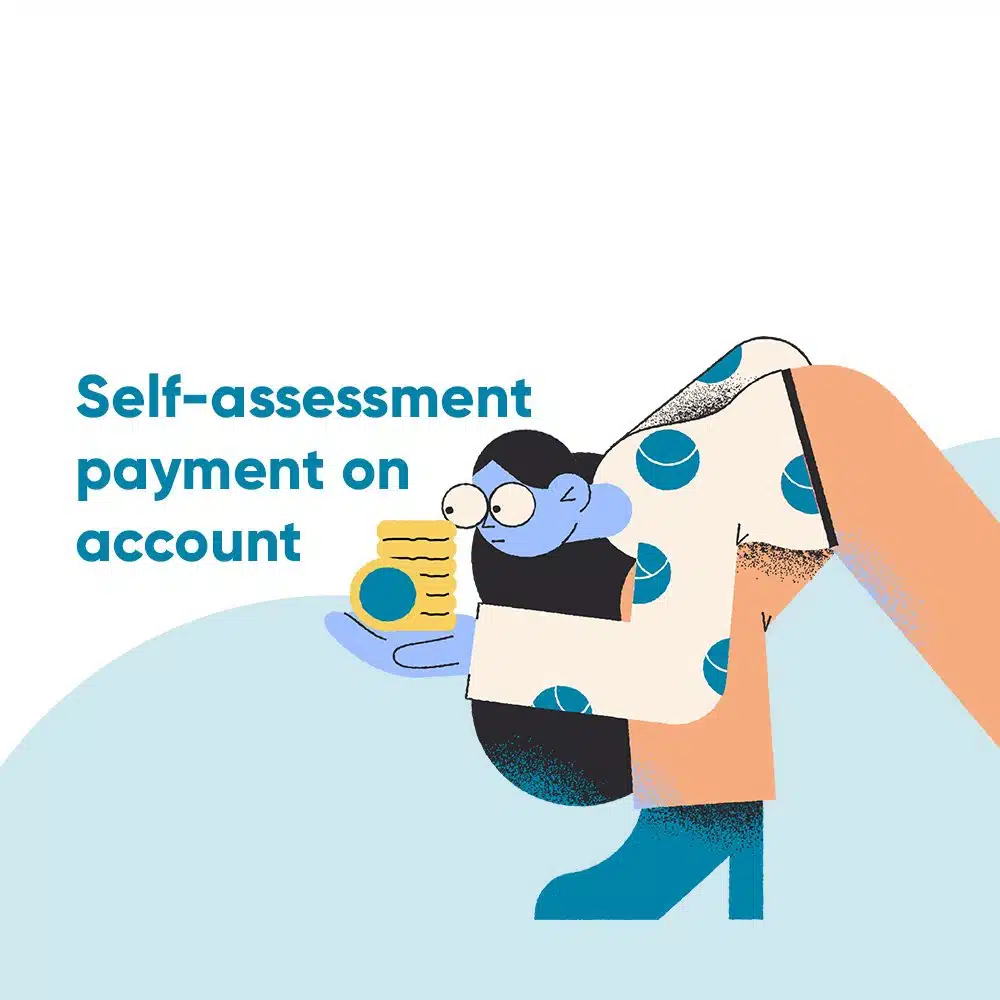The Benefits of Electric Vehicles
As we move away from petrol and diesel vehicles, many businesses are considering if now is the time to make the switch to electric. It’s no secret that the government is encouraging this transition, and they have introduced some fairly enticing incentives to both businesses and individuals.
The Salary Sacrifice Scheme:
This scheme is a great option for clients who are higher-rate taxpayers. It allows businesses to deduct the lease of an electrical vehicle from their employee’s gross salary before tax and national insurance. This scheme is only available for electric cars, whereas other leased vehicles would have to be paid out of after-tax earnings.
Capital Allowances and the Super Deduction
The first-year capital allowances on zero-emission vehicles have been extended, allowing for 100% of the cost to be claimed in the year of purchase, with no upper restrictions on vehicle value. In March 2021, a further incentive – called the super deduction – was introduced, offering an enhanced first-year tax deduction of 130% of the cost.
Claiming Expenses:
For electric company cars, the advisory fuel rates are currently 5 pence per mile. However, employees using their own electric vehicles for business trips can claim an annual tax-free allowance of 45p per mile for the first 10,000 miles and 25p per mile for any additional miles driven. Furthermore, they have no road tax!
VAT On E-Vehicles:
In line with rules for non-electric vehicles, VAT is only recoverable on the purchase if the car is used for 100% business purposes. When an electrical vehicle is leased, 50% of the VAT paid on the leasing charge can be recovered.
VAT incurred while charging an electrical vehicle can be fully recovered where it relates to business use, as long as the vehicle is charged at a public charging station or at a workplace.
Sole traders or Partnerships with an electrical vehicle can recover the VAT on costs of charging electrical vehicles at home if the vehicle is used for business use. To obtain a VAT rebate, a mileage record needs to be maintained to demonstrate how much of the cost of charging is business-related.
Government Grants:
The Government is offering grants of up to £1,500 towards the cost of eligible electric cars and up to £2,500 for wheelchair-accessible vehicles. There is also a grant of £2,500 for vans of less than 2,500kg gross vehicle weight and a grant of £5,000 for large vans between 2,500kg and 3,500kg. This grant only applies to electrical vehicles of less than £32,000 or £35,000 if wheelchair-accessible.
As you can see from the above, from a tax perspective there has never been a better time to make the switch to electric. As always, if you would like to find out more then reach out to a member of team SAS today.





